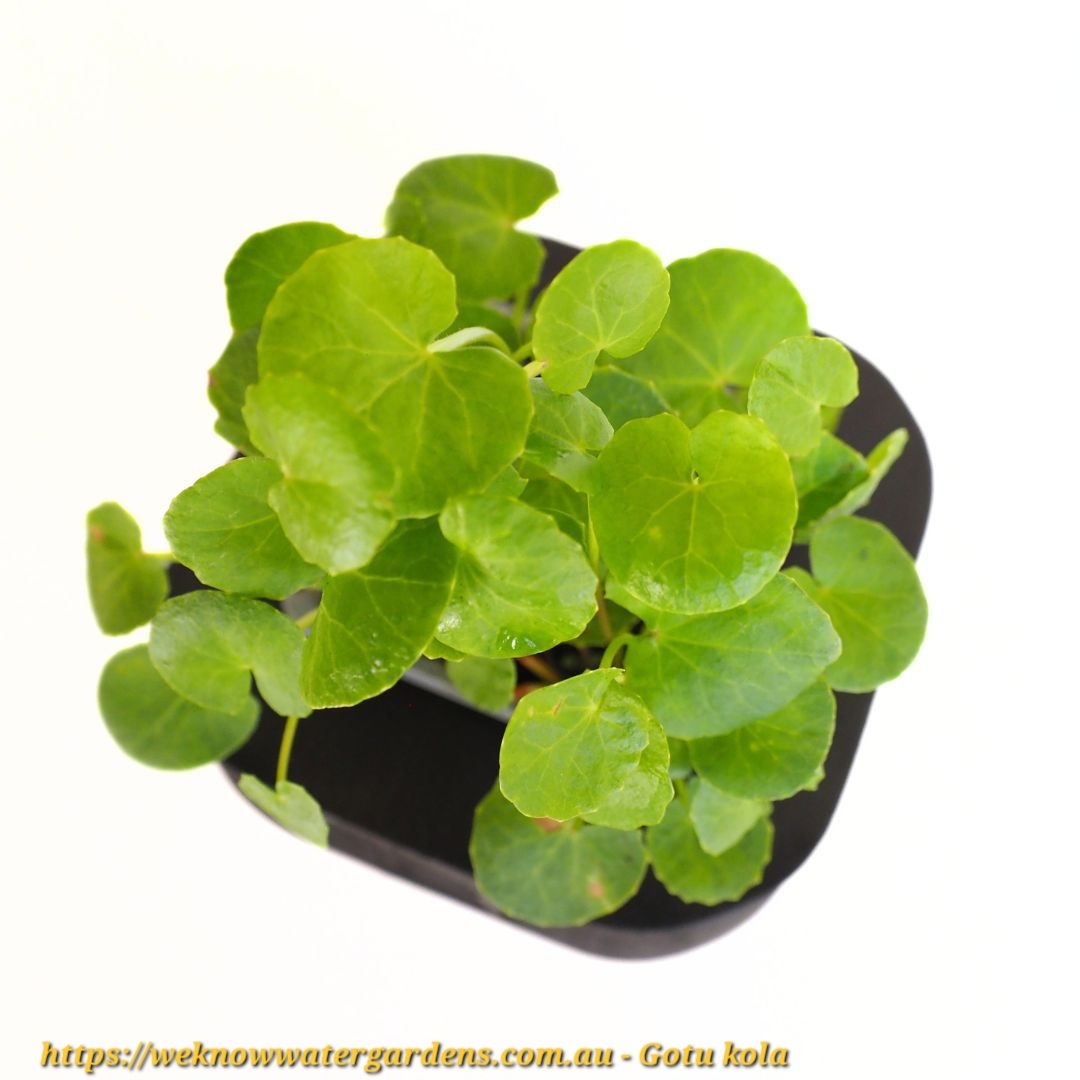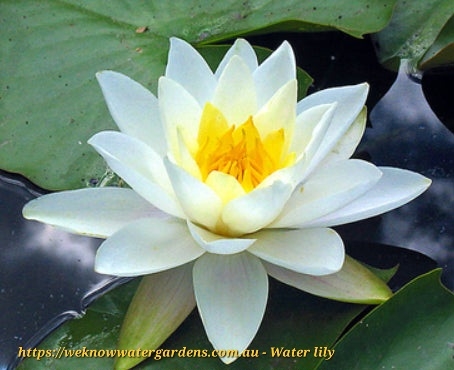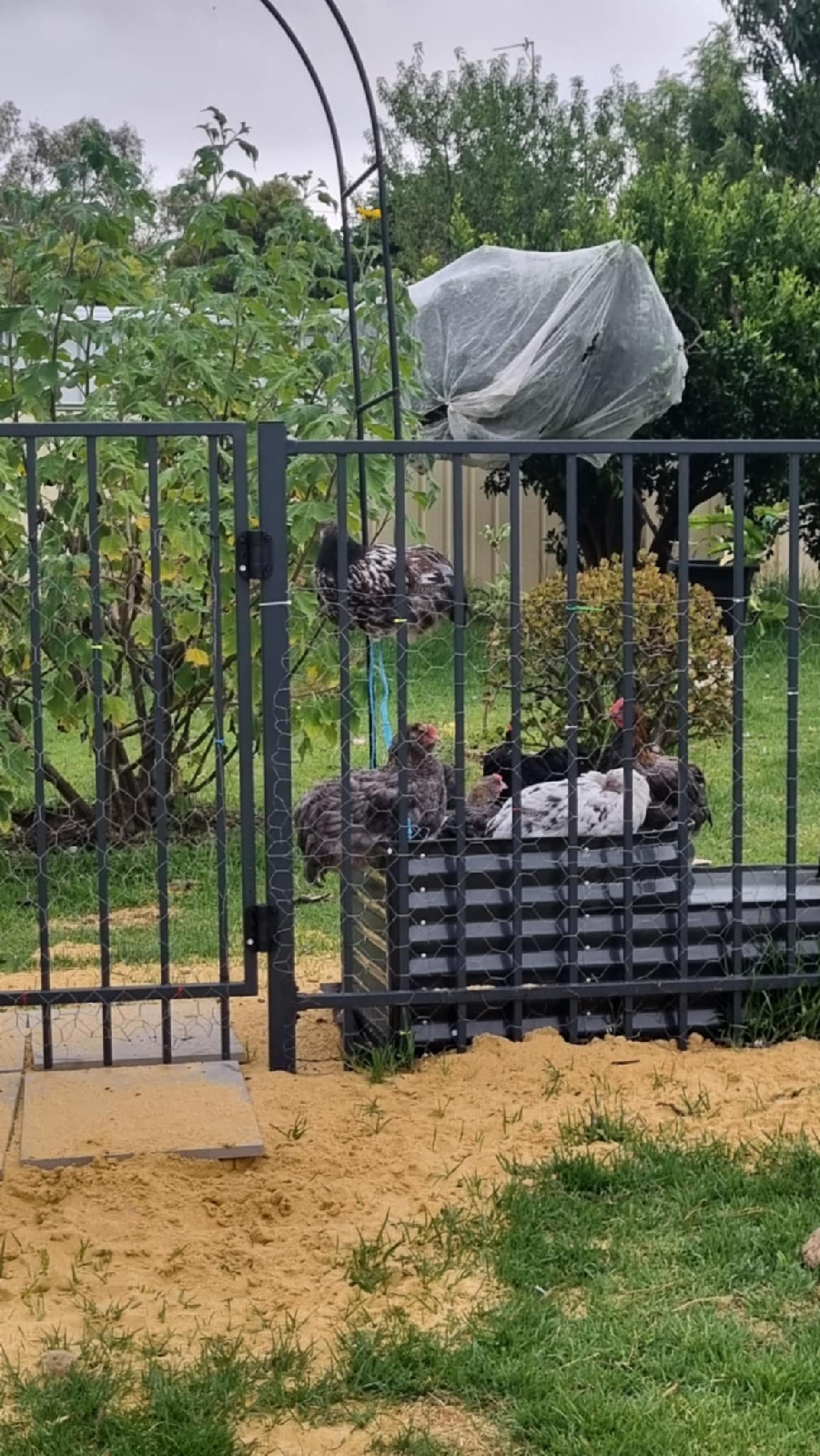FishPonds 101
Fish ponds can be an amazing addition to a garden, not just for your mental health but also for the other critters living there too! It provides a crucial water source for thirsty and struggling birds, insects, lizards and occasionally mammals such as possums and roos. Ponds also provide a well needed home and breeding ground for our native frogs.

The biggest things to consider when thinking of a pond are, do I want fish, if so, what type, and, how big do I want the pond to be.

If you would like fish you need to think about this carefully. Type of fish is very important, I work at a pet store in the southwest and its amazing how many people don't realize that your common goldfish can actually grow to about 30cm and live up to 20 years, they drop them in a tiny pond full of algae and mozzie larvae where they get big quick. Too big. What happens to the fish next i shan't say...
So thinking about type of fish is important, koi are stunning, but get HUGE, so they need a big area, they also lives for a very long time.
If you would like fish you need to think about this carefully. Type of fish is very important, I work at a pet store in the southwest and its amazing how many people don't realize that your common goldfish can actually grow to about 30cm and live up to 20 years, they drop them in a tiny pond full of algae and mozzie larvae where they get big quick. Too big. What happens to the fish next i shan't say...
So thinking about type of fish is important, koi are stunning, but get HUGE, so they need a big area, they also lives for a very long time.
Rosy barbs, and minnows are gorgeous little fish, they don't get big, 3-4 cm and are very quick, this makes them great mosquito control. But they aren't very brightly coloured, and are therefor hard to see.
If you are wanting to raise fish to eat, then barramundi and perch may be a better option. Again though, barra get huge, perch are a smaller fish but if your looking to breed for eating you are still going to require a decent space.
Pygmy perch are a great option, great mozzie eaters, usually leave alone your tadpoles, and you can usually find a species native to your area fairly easily.
Other options include fresh water mussels, shrimp, yabbies, cold water guppies and mollies and tandanus catfish pending your region.

Determining your pond size should definitely be a first thought, if you have a court yard and only have room for say a half wine barrel, its going to rule out a lot of fish, where as if you'd like something that's say, a converted pool, bigger fish may be a more viable option so you don't have to have hundreds to really see them.
Also consider how much time you have for pond maintenance, and resources. Filters need to be cleaned; always in the water they are from and never under a tap. Water needs to be topped up and changed occasionally; please use a water conditioner when adding any tap water to your pond, the chlorines and chloramines are very harmful to your aquatic friends and can cause them severe problems. Also just general things such as removing debris, checking fish health, removing dead leaves from plants etc.
Algae is one of the biggest things people hate seeing in a pond, but its actually quite normal and indicates a healthy pond, it's part of the ecosystem. Its feeding on the waste created by your fish, and creating a food source for your fish and frogs as well as hiding spaces for babies from predators. Lots of light and over stocking will be a leading factor in extreme growth however.
The design of the pond itself is completely up to you and your imagination. It can be tiered, on level, dug into the ground or built into something, it can be natural looking or contemporary. It's really up to you. The main thing is that the materials you are using are safe for aquatic life. If you're recycling a pot and it's porous, perhaps soak it a few times first, and then seal it so your water doesn't must leak out. Alternatively places like Bunnings sell pond liner by the meter or pre-made dig in ponds. Otherwise old fish tanks make great ponds and you know they are fish safe.
I am currently making a pond out of an old brick BBQ area and an old cracked fish tank, recycling a lot of materials that would otherwise likely ended up in landfill. I will share photos when the project is finished but for now, here you go.
Having plants in your pond can provide a mass of benefits to the life within. Not only providing shade and shelter, but some can provide filtration, be ideal habitats for frogs, be a meal for your fish, or be edible for us!
Mint and Gotu kola, both herbs can thrive when floated on the surface, because they need so much water for decent survival.
Taro, and water chestnuts may also be grown in your pond, adding shelter for the fish below and getting free fertiliser from their waste.
Lots of reeds and grassy bog plants provide water filtration as it passes through their roots, aiding with some of your maintenance.
And of course who could forget the water lilly. Remember though, these tend not to flower with moving water, so you will need to find a nice still section if you want flowers.
For lots of pond supplies you can head to your Bunnings, otherwise your local garden centre should be able to help!














Comments
Post a Comment